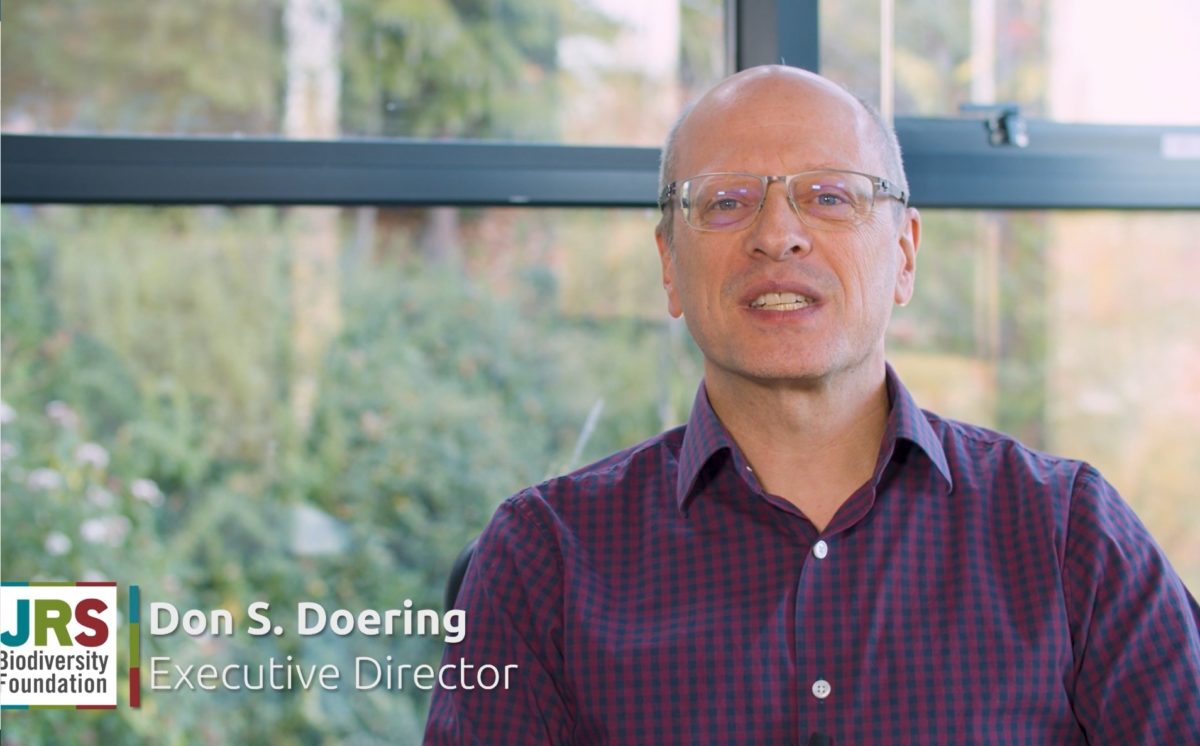The Global Biodiversity Information Facility (GBIF) and its many partners meet in Brussels on November 13-14, 2019, to conclude the first phase of the Biodiversity Information for Development (BD) Program’s first phase and to plan its future. The BID program began in 2015 with support from the European Union’s Directorate-General for International Cooperation and Development (DEVCO, or EuropeAid) with the aim of capacity development for biodiversity informatics in sub-Saharan Africa, the Caribbean, and the Pacific. BID funded a total of 63 projects that collectively published 1,305,400 new occurrence records, 680 new data sets, of 39,770 different taxa, including 2,392 new taxa to GBIF. The program stimulated 11 new GBIF country and organization participants and registered 226 new data publishers! In addition to the dedicated support of GBIF staff, a network of 67 mentors from BID countries and international mentors served the BID grantees.
In the course of the BID Program, there have been many intersections with past and current JRS-funded projects and with JRS-supported trainees. In appreciation of the BID Program team’s efforts and of the financial support from the Europe Union, JRS offered these words in a video shared in Brussels on November 13, 2019:
Good day to all of you. Thank you for the invitation to this celebration of the success of the first phase of the BID program. I’m Don Doering, the Executive Director of the JRS Biodiversity Foundation. JRS invests about two million Euros per year in capacity development for biodiversity data and information systems in sub-Saharan Africa.
We congratulate the BID team – its donors, the great GBIF staff, dedicated mentors, and creative grantees for your achievements. Your impact upon the number of data publishers, datasets, records, and accessible training materials, is both large and significant. Your investment in people will yield benefits for years to come. Our JRS grantees have collaborated with the BID Program Team and with the BID Africa grantees on training workshops, technical materials development, project design, and as advocates for open access to biodiversity data and information.
About ¼ of the BID projects in the countries where JRS works followed directly upon prior and current grants that JRS made. Similarly, about ¼ of the grant awards that we’ve made in the last two years have built upon the investments of the BID Program. Together, we’re weaving a network of African institutions exchanging knowledge, technology, data, and training. Last year, we funded a freshwater biodiversity information system in Uganda that directly followed upon BID’s funding. This year, we’ll announce a grant award for a freshwater biodiversity information platform in Malawi that involves partnerships with former BID grantees in Malawi. What’s exciting is that the Malawi project will directly transfer database and portal technology from our common Ugandan grantee. The project is but one example of the long-term benefits of the BID investment investing in local institutions serving local needs.
All nations must be self-sufficient in the creation, curation, and use of biodiversity information at all scales. The cost of developing such capacity in Africa will undoubtedly require millions of euros of investment per nation. That high cost is why the BID emphasis on policy-relevant and politically relevant information is vital to success and is why we donors must collaborate more, and do more. The BID Program has demonstrated how collaboration among funders, national institutions, and multilateral donors can leverage our capacity development resources.
I welcome your ideas of how we can all work together and how we can work with the critical development and economic sectors to stretch our resources and to integrate biodiversity information into decision-making. I thank you again for this opportunity and congratulations.

